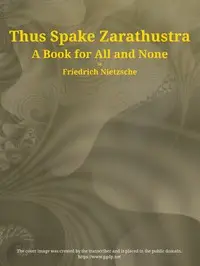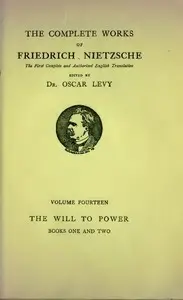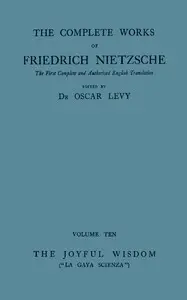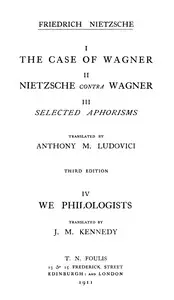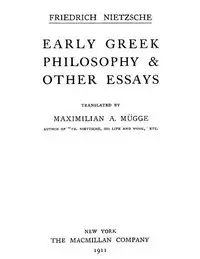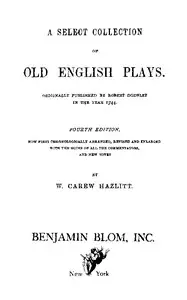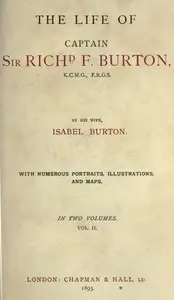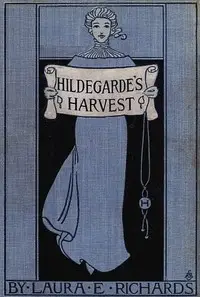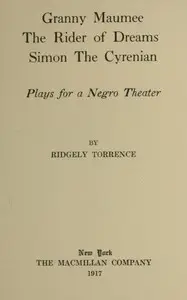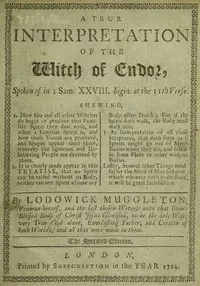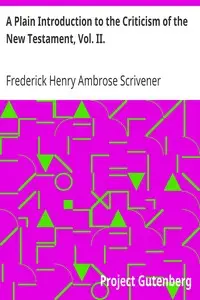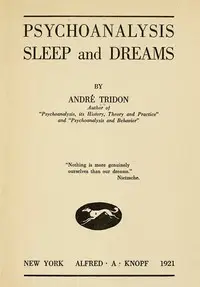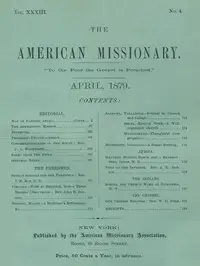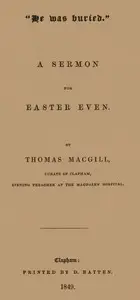"Human, All-Too-Human: A Book for Free Spirits, Part 1" by Friedrich Nietzsche is a philosophical work written in the late 19th century. This text, structured as a collection of aphorisms, explores the nature of humanity, morality, and culture, encouraging readers to shake off idealistic and traditional views to embrace a more realistic, human-centered perspective. Nietzsche adopts a critical and often melancholic view of human nature, challenging societal norms and aiming for a deeper understanding of self and society. The opening of the book presents Nietzsche's reflections on the concept of the "free spirit," representing individuals who have emancipated themselves from traditional values and beliefs. Through the lens of personal experience and philosophical introspection, he outlines the tumultuous journey toward self-discovery, characterized by struggles against societal norms and a quest for genuine understanding. He emphasizes the importance of embracing human flaws and recognizing the complexity of moral sentiments, positioning the "free spirit" as a figure capable of navigating the intricate landscape of human existence without reliance on unfounded notions of morality. This section sets the foundation for Nietzsche's exploration of the historical evolution of moral values, the psychology of human behavior, and the potential for personal and cultural evolution. (This is an automatically generated summary.)
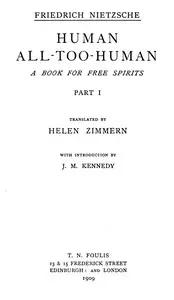
Human, All-Too-Human: A Book for Free Spirits, Part 1 Complete Works, Volume Six
By Friedrich Wilhelm Nietzsche
See also eBook #37841, which is Part II from a different translator. Also eBook #38145, which is based on an earlier, shorter edition. For more information about this title, see https://en.wikipedia.org/wiki/Human,_All_Too_Human
Friedrich Wilhelm Nietzsche was a German classical scholar, philosopher, and critic of culture, who became one of the most influential of all modern thinkers. He began his career as a classical philologist before turning to philosophy. He became the youngest person to hold the Chair of Classical Philology at the University of Basel in Switzerland in 1869, at the age of 24, but resigned in 1879 due to health problems that plagued him most of his life; he completed much of his core writing in the following decade. In 1889, at age 44, he suffered a collapse and afterward a complete loss of his mental faculties, with paralysis and probably vascular dementia. He lived his remaining years in the care of his mother until her death in 1897, and then with his sister Elisabeth Förster-Nietzsche. Nietzsche died in 1900, after experiencing pneumonia and multiple strokes.

